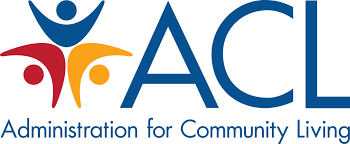Over 1 billion people worldwide are experiencing disability, and most people will experience it in their lifetimes. Abt’s evaluations and technical assistance advance disability research and inclusion of disability in U.S. public policies and programs in employment, income support, education, housing, and health. Our multi-disciplinary team of disability professionals includes experts in labor economics, evaluation methods, health policy research, survey methodology, qualitative analysis, quantitative analysis, and information technology. We combine experience implementing studies and systems, deep knowledge of a wide array of programs and issues, and quantitative, qualitative, and mixed-methods research methods to understand needs, make changes, and measure impact.
Expertise
- Research, Monitoring, and Evaluation
- Program Design and Implementation
- Capacity Building and Technical Assistance
- Systematic Evidence Reviews and Clearinghouses
- Digital and Survey Design Services for Informed Decision-Making
Clients Include

Social Security Administration (SSA)

U.S. Department of Veterans Affairs

Centers for Medicare and Medicaid Services

U.S. Department of Labor

Office of Planning, Research & Evaluation, Administration for Children & Families, U.S. Department of Health and Human Services

Administration for Community Living, U.S. Department of Health and Human Services

State and local agencies

Foundations, philanthropies, and community organizations












